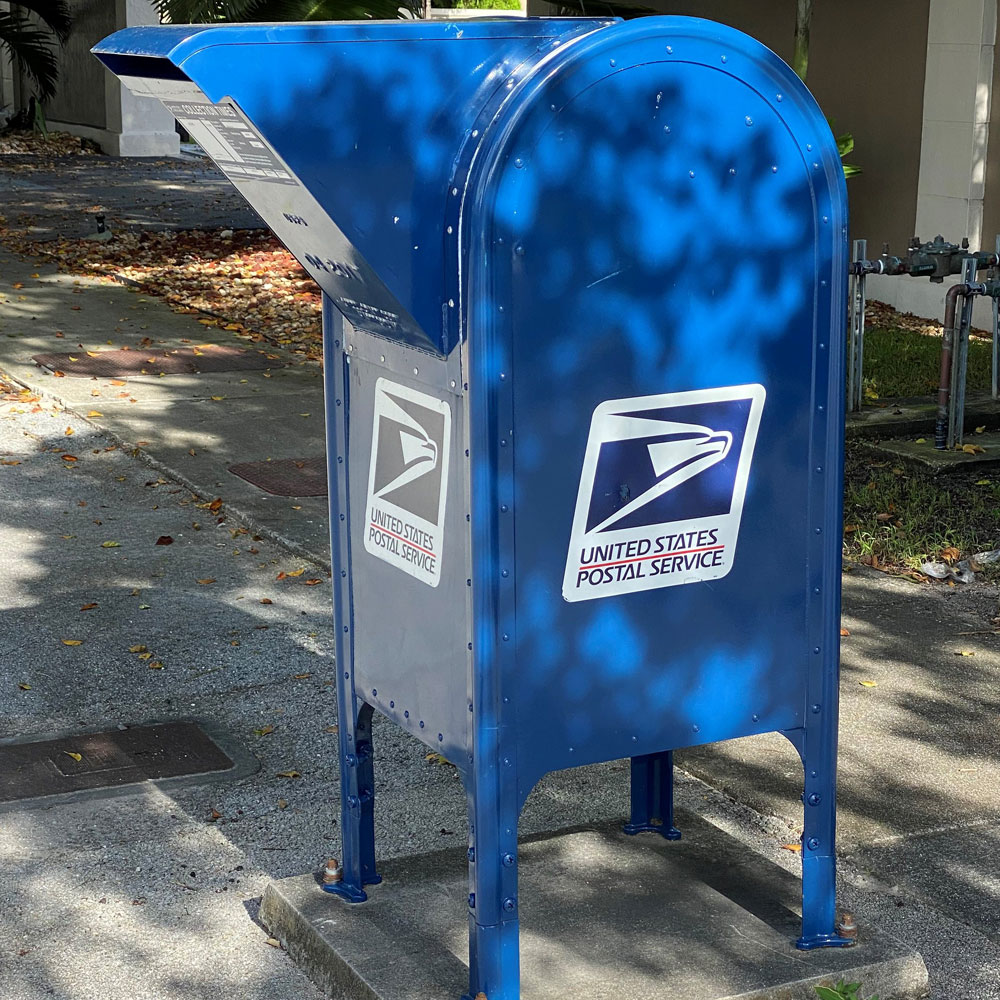
November 3, 2020; Washington Post
This summer, NPQ covered the issue of post office delays, and warned it could affect the November general election. Those fears have proven to be accurate. Disturbingly, the US Postal Service disclosed Tuesday morning that 300,523 ballots nationwide had received incoming scans at postal processing plants but not exit scans, “leaving voting rights advocates worried that hundreds of thousands of votes could be trapped in the mail system,” report Jacob Bogage and Christopher Ingraham in the Washington Post.
Bogage and Ingraham point out that in 28 states, election officials must receive ballots by the end of Election Day for ballots to be counted. Typically, the post office is expected to process 97 percent of ballots in timely manner. But in the past five days, processing scores dropped, from 97.1 percent on October 28 to 89.6 percent on Monday. Bogage and Ingraham add that, “In 17 postal districts that cover 151 electoral votes, Monday’s on-time processing rate was even lower: 81.1 percent.”
To address this situation, federal judge Emmett Sullivan issued an order for officials from the Postal Inspection Service, the agency’s law enforcement arm, or the Postal Service Office of Inspector General, its independent watchdog, to inspect all processing facilities in the districts of Central Pennsylvania, Philadelphia Metro, Detroit, Colorado/Wyoming, Atlanta, Houston, Alabama, Northern New England (Vermont, New Hampshire and Maine), Greater South Carolina, South Florida, Lakeland (Wisconsin) and Arizona (which includes New Mexico) by 3 pm.
But in a filing sent to the court just before 5 pm, US Justice Department (DOJ) attorneys representing the Postal Service said the agency would not abide by the order, arguing that it would find the ballots through other means between 4 and 8 pm. Sullivan, less than impressed by the non-response, has informed DOJ attorneys to be “prepared to discuss the apparent lack of compliance with his order” tomorrow at a previously scheduled conference.
“This is super frustrating,” adds Allison Zieve, an attorney representing the NAACP. “They say here they will get the sweeps done between 4 pm and 8 pm, but 8 pm is too late, and in some states 5 pm is too late.”
Sign up for our free newsletters
Subscribe to NPQ's newsletters to have our top stories delivered directly to your inbox.
By signing up, you agree to our privacy policy and terms of use, and to receive messages from NPQ and our partners.
According to the US Elections Project, more than 65 million Americans have voted using absentee ballots, and more than 27 million mail ballots remain outstanding. Many of these may not get returned, perhaps because the person decides to vote in-person.
Bogage and Ingraham report that, “Experts are encouraged by high ballot return rates in swing states that could soften the impact of mail delays. In Michigan, 85.6 percent of absentee ballots have been returned. In Wisconsin, 89.7 percent have been returned, and in Pennsylvania, 80.9 percent.” Still, 300,000 untraceable ballots is a big number, even if clerks are hand-culling ballots at postal facilities to expedite delivery and the ultimate number missing turns out to be significantly less than that.
Sullivan, who was originally appointed to the federal bench by Ronald Reagan and has since been promoted by George Bush Sr. and Bill Clinton, has been aggressive in his oversight. On Monday, report Bogage and Ingraham, Sullivan lambasted the nation’s patchwork mail-in-voting rules and called for thorough reform. “When I read about the astronaut voting seamlessly from outer space, there must be a better way for Congress to address all these issues,” he said.
Sullivan contrasted the chaos of Election Day rules with the uniform federal income-tax deadline: “Think about it. Every year everyone knows to file taxes by April 15th. It’s seamless. If you don’t file, there are penalties. But everyone knows—that’s a given.”
By contrast, state vote-by-mail deadlines are confusing. “Postmarks matter, postmarks don’t matter.…Delivery matters, delivery after a date doesn’t matter. Why can’t there be one set of rules?” Sullivan said, concluding, “Someone needs to be tinkering with the system to make sure it works seamlessly and better for the American voters.”—Steve Dubb













